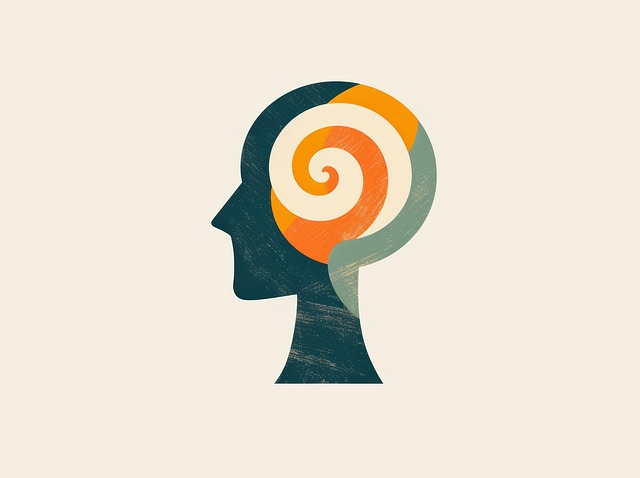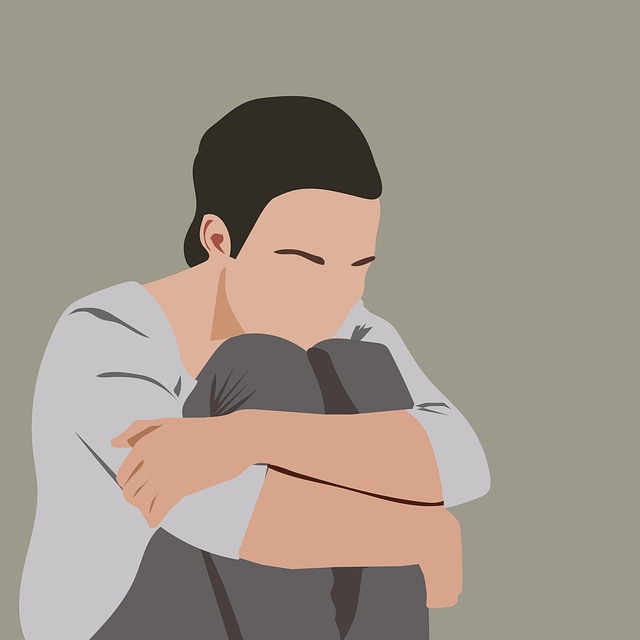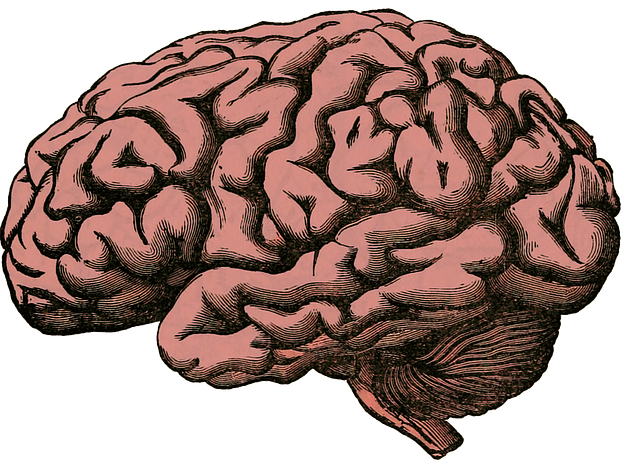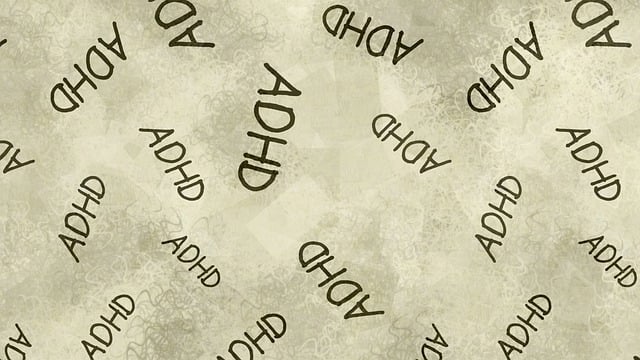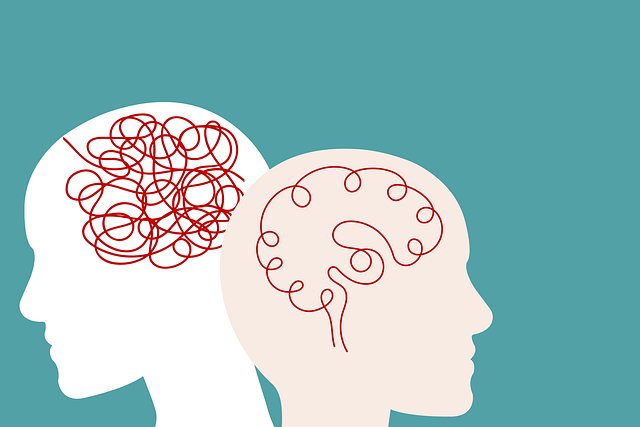Greenwood Village sexual abuse survivors can find powerful healing through self-care practices tailored to address trauma's impact. Trauma hinders self-care, so understanding its effects is crucial for building resilience. Identifying personal needs through introspection guides survivors toward targeted therapy and cultural-identity-specific care. Mindfulness, meditation, journaling, sleep, diet, exercise, art therapy, and support groups are key components of effective self-care routines in Greenwood Village Sexual Abuse Survivor Therapy. These holistic strategies promote emotional recovery, mental fortitude, and overall well-being for survivors navigating challenging situations.
For Greenwood Village sexual abuse survivors, self-care isn’t a luxury—it’s a cornerstone of healing. This comprehensive guide delves into the profound impact of trauma on daily routines and offers practical strategies for survivors to reclaim their well-being. From understanding the foundational importance of self-care to identifying personal needs and building resilience, discover how effective self-care practices can empower Greenwood Village sexual abuse survivors on their journey towards recovery and restoration.
- Understanding Self-Care: A Cornerstone of Healing for Greenwood Village Sexual Abuse Survivors
- The Impact of Trauma on Self-Care Practices and Why it Matters
- Identifying Personal Needs: Uncovering Your Self-Care Priorities
- Strategies for Incorporating Effective Self-Care Routines into Daily Life
- Building Resilience through Consistent Self-Care: A Journey to Recovery for Greenwood Village Survivors
Understanding Self-Care: A Cornerstone of Healing for Greenwood Village Sexual Abuse Survivors

Understanding self-care is a cornerstone for healing among Greenwood Village sexual abuse survivors. It’s more than just a day at the spa; it’s an intentional practice aimed at cultivating mental, emotional, and physical well-being after traumatic experiences. For survivors navigating complex emotions and adjusting to life after abuse, prioritizing self-care becomes a vital strategy in their therapy journey.
Greenwood Village sexual abuse survivor therapy often incorporates tailored mental health education programs designed to empower individuals with knowledge about their minds and bodies. Community outreach program implementations further foster support networks, enabling survivors to connect with others who understand their unique challenges. Compassion cultivation practices play a significant role, teaching individuals to nurture self-compassion, which is essential for healing and resilience in the face of adversity.
The Impact of Trauma on Self-Care Practices and Why it Matters

Trauma, especially complex traumatic stress stemming from events like sexual abuse, can significantly impact an individual’s ability to engage in self-care practices. Survivors of such experiences often struggle with trust, intimacy, and a sense of safety in the world, which are fundamental to fostering healthy habits and routines. This internalized distress can manifest as physical and emotional avoidance, making it challenging for them to prioritize their well-being. For instance, a Greenwood Village Sexual Abuse Survivor Therapy client might find it difficult to maintain a consistent sleep schedule or practice mindfulness techniques, both of which are crucial for burnout prevention.
Understanding the impact of trauma on self-care is paramount because it empowers individuals to develop inner strength and implement effective burnout prevention strategies. Healthcare providers play a vital role here by recognizing these challenges and adapting their approaches accordingly. By integrating trauma-informed care into their practices, they can support survivors in rebuilding trust, enhancing coping mechanisms, and ultimately improving their ability to engage in self-care activities, thereby reducing the risk of burnout not just for themselves but also for other patients they serve.
Identifying Personal Needs: Uncovering Your Self-Care Priorities

Identifying your personal needs is a crucial step in improving self-care practices, especially for those who may have experienced trauma, such as sexual abuse survivors seeking therapy in Greenwood Village. This process involves introspection and awareness of one’s emotional, physical, and mental well-being. By taking time to reflect on daily experiences, emotions, and bodily sensations, individuals can uncover hidden signals from their bodies and minds, indicating areas that require attention and care.
Understanding cultural sensitivity in mental healthcare is essential during this journey. Every individual has unique needs shaped by their personal history, background, and cultural identity. A comprehensive approach to self-care considers these factors, ensuring practices are tailored to each person’s specific circumstances. For instance, a survivor of sexual abuse may find certain activities or touch triggering, necessitating mindful adjustments in therapy sessions. Incorporating stress management workshops or engaging in positive thinking exercises can also be valuable tools to enhance self-care routines, promoting overall resilience and emotional recovery.
Strategies for Incorporating Effective Self-Care Routines into Daily Life

Incorporating effective self-care routines into daily life can be transformative, especially for individuals navigating healing journeys, such as those seeking Greenwood Village Sexual Abuse Survivor Therapy. Key strategies involve self-care practices that center around mind over matter principles. This may include setting aside dedicated time each day for activities that promote emotional well-being, such as mindfulness exercises, meditation, or journaling. These practices help to cultivate emotional regulation, enabling individuals to better manage stress and process emotions healthily.
Additionally, establishing a consistent sleep schedule, maintaining a balanced diet, and incorporating regular physical activity are crucial components of self-care. These foundational habits not only support physical health but also enhance mental resilience. For survivors, engaging in therapeutic activities like art therapy or attending support groups can further enrich self-care routines, fostering a sense of safety, validation, and empowerment within the healing process.
Building Resilience through Consistent Self-Care: A Journey to Recovery for Greenwood Village Survivors

In the aftermath of traumatic experiences, such as those faced by Greenwood Village sexual abuse survivors, building resilience through consistent self-care becomes a powerful tool for recovery. Self-care practices specifically tailored to address emotional and psychological wounds can significantly aid in the healing processes. This journey towards recovery involves adopting holistic strategies that not only alleviate symptoms of anxiety relief but also foster overall well-being.
Through dedicated self-care routines, survivors can cultivate mental fortitude, enhancing their ability to navigate challenging situations. Techniques like meditation, therapy sessions, and engaging in supportive communities play a crucial role in this transformative process. Public awareness campaigns development around these topics further contributes to a culture of empathy, ensuring survivors feel understood and supported on their path to emotional healing.
For Greenwood Village sexual abuse survivors, prioritizing self-care is a powerful tool for recovery. By understanding the impact of trauma on their daily routines and identifying personal needs, they can begin to rebuild and heal. Incorporating effective self-care strategies into daily life fosters resilience and enhances overall well-being. Through consistent practice, survivors can navigate their journey towards healing, improving their mental health and quality of life, and empowering them in their Greenwood Village sexual abuse survivor therapy.





